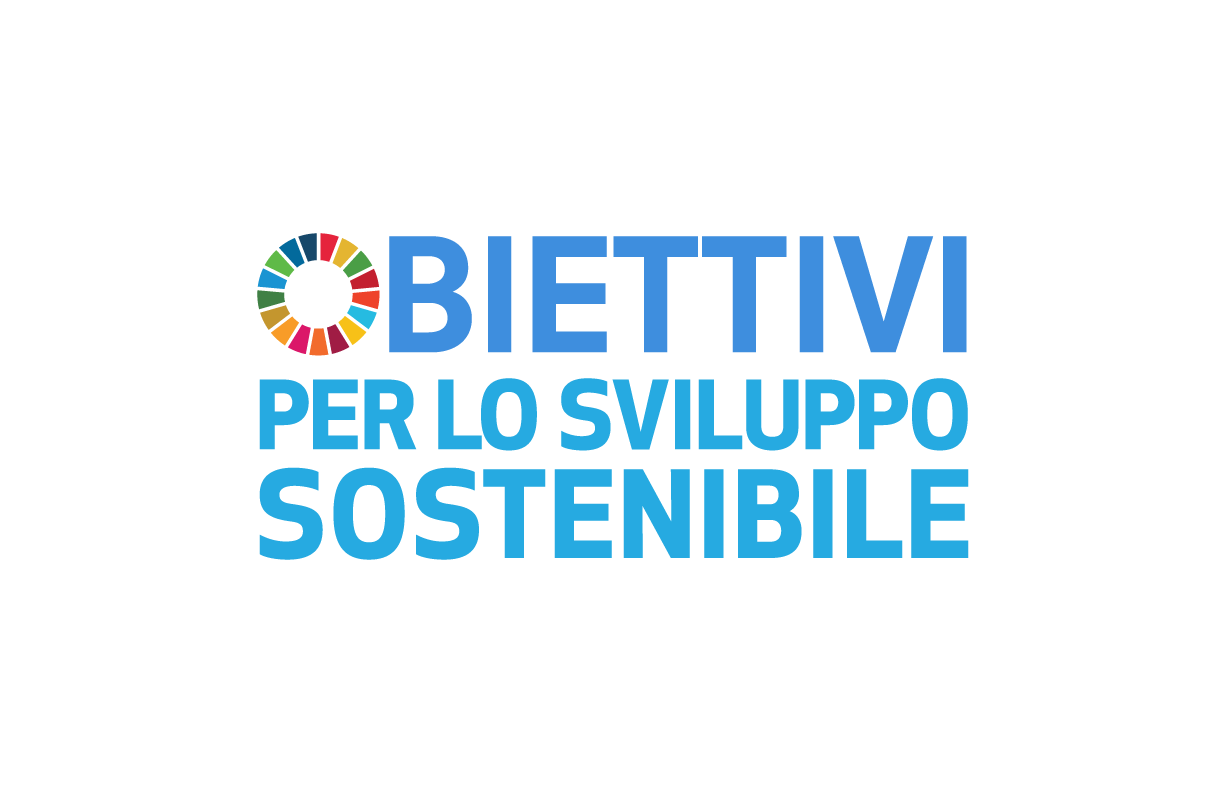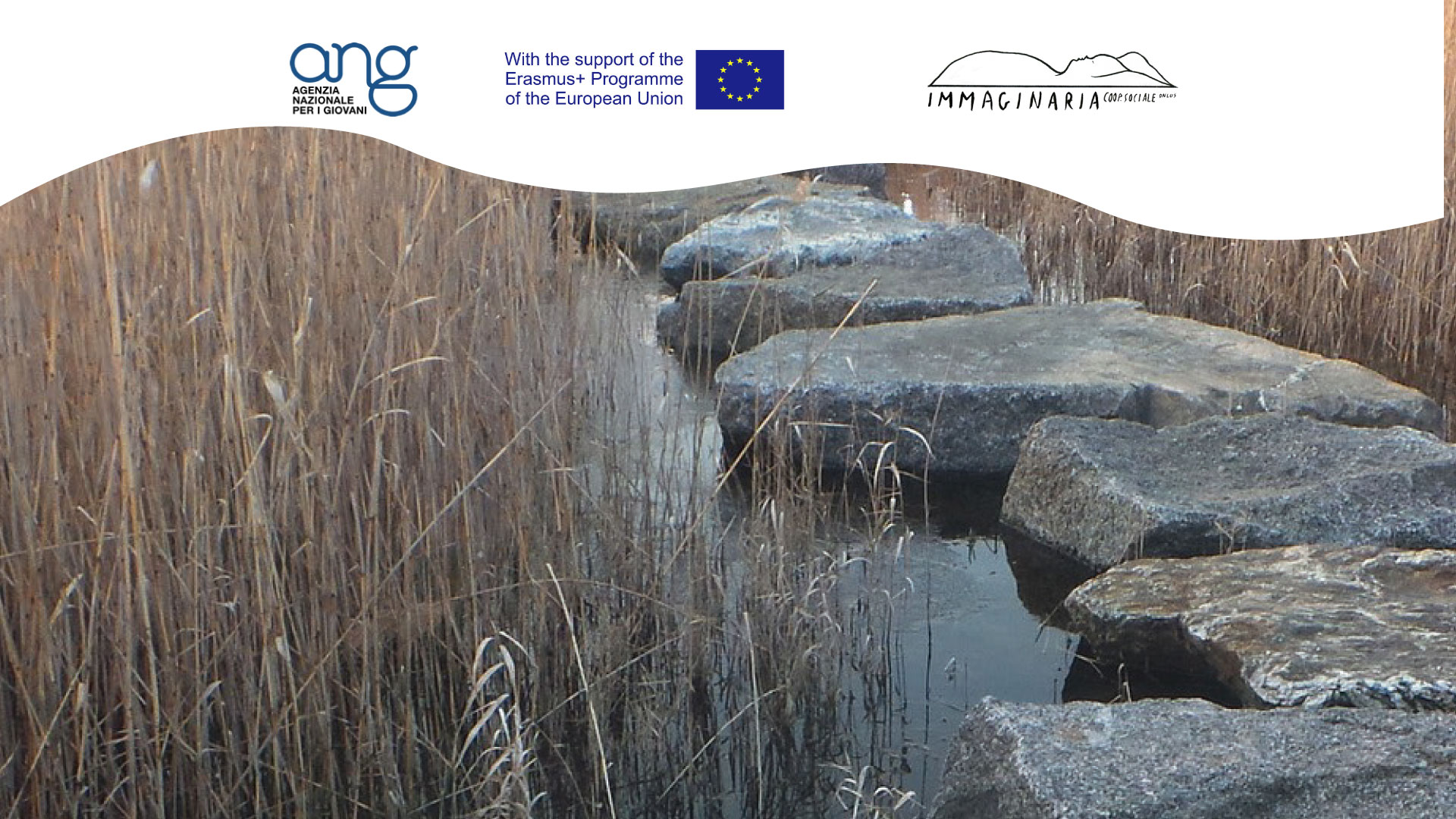On Thursday, 17th June 2021, in the Project Center of the company Subjekt in Rijeka, Croatia, the project YOUNGETEERS – “Young Volunteers in the Cultural Events – Lessons Learned from COVID-19 Crisis” was presented.
YOUNGETEERS is a project approved as part of the special Erasmus + call 2020 for KA2 Strategic Partnerships in the field of Youth, which aimed to fund projects that provide creative solutions to the consequences of the coronavirus pandemic.
The project has been implemented since March 2021. Beside Subjekt as the project coordinator, the cross-sectoral partnership includes organizations in charge of implementing European Capital of Culture projects – Plovdiv2019 (Bulgaria), Novi Sad2022 (Serbia) and Timisoara2023 (Romania) – as well as Cooperativa Sociale Immaginaria (Italy), the educational foundation Nausika (Poland) and the association LARPifiers (Greece).
The main goals of the YOUNGETEERS project are to strengthen capacity of organizations working with volunteers on small and large cultural programmes in Europe, and to raise the quality of local work with young people and long-term cooperation among young people and cultural workers.
The project will build the foundations for recognizing the knowledge, skills and competences that young people acquire through volunteering in culture and related non-formal and informal learning processes, and advocate greater structural support to build quality volunteer programmes and ensure their sustainability at local, national and European levels.
This partnership arose from an informal network of European Capital of Culture volunteer coordinators, reinforced with 3 additional partners whose skills and knowledge in crisis management, mental health and personal development contribute to finding ways to work successfully with volunteers during the crisis.
During June 17-19, the partners held the Kick-off Meeting in Rijeka, and until the end of 2022 they will work intensively on designing and testing innovative educational tools and methods based on the needs of volunteers and youth workers (e. g. mentors, volunteer coordinators, community animators) which will strengthen the participating organizations, improve their ability to work with volunteers and support the development of high-quality, sustainable and crisis-resilient volunteer programmes.
As intellectual outcome of the project, a manual detailing the methodology used, along with examples of good practice and lessons learned from the COVID-19 crisis, will be published and shared on partners’ websites and international platforms. The aims of the manual are to provide assistance to all organisations, institutions and non-formal groups that work with the volunteers in culture, and to guide them in creating volunteer programmes resilient to crisis.


